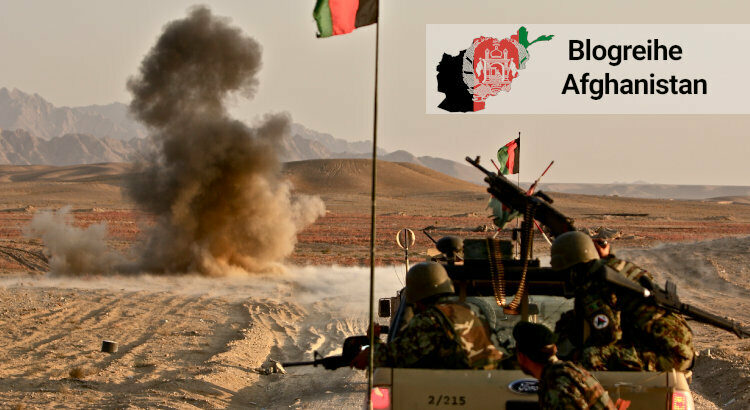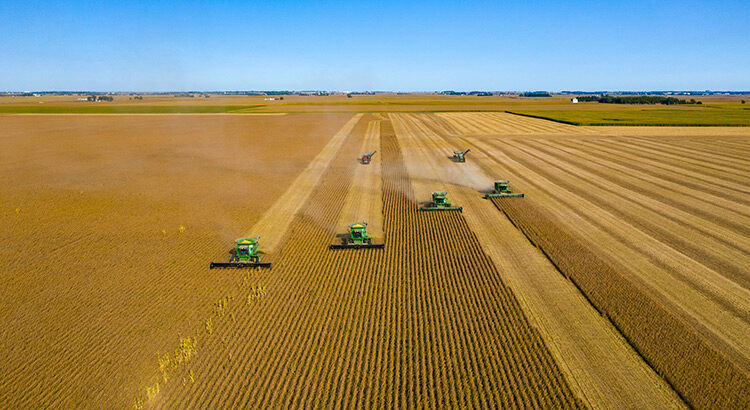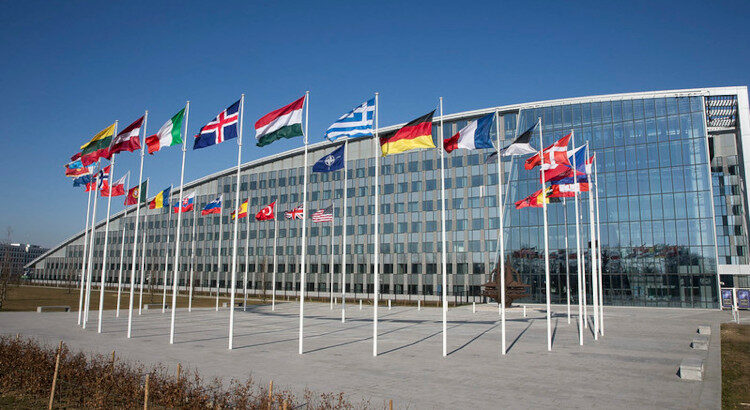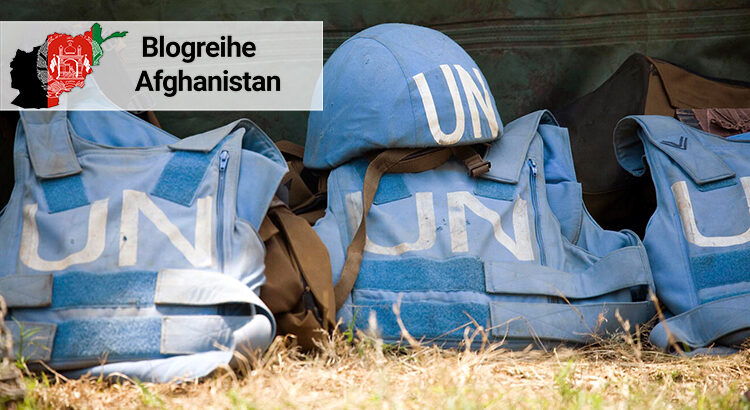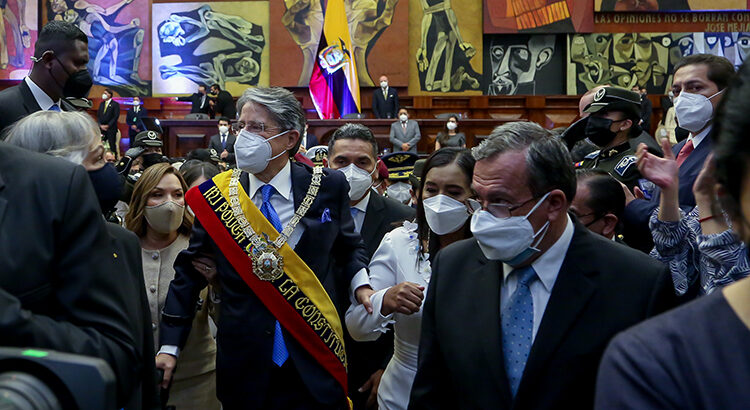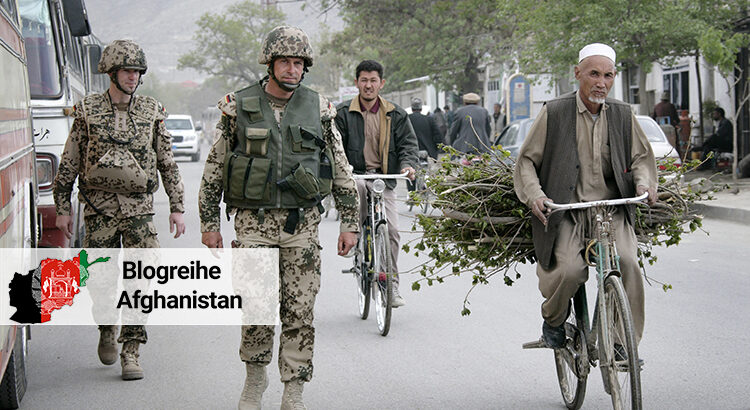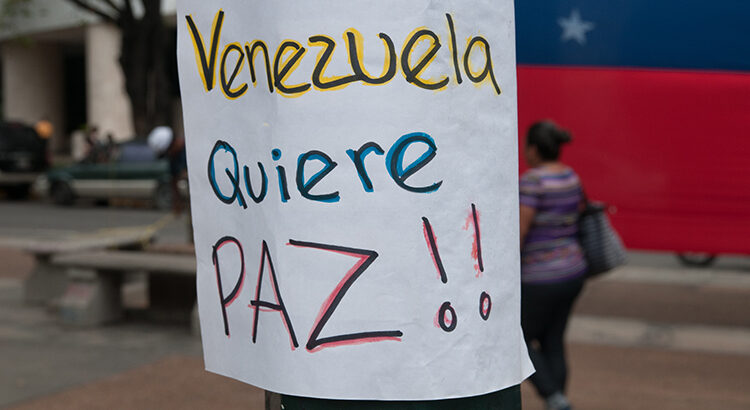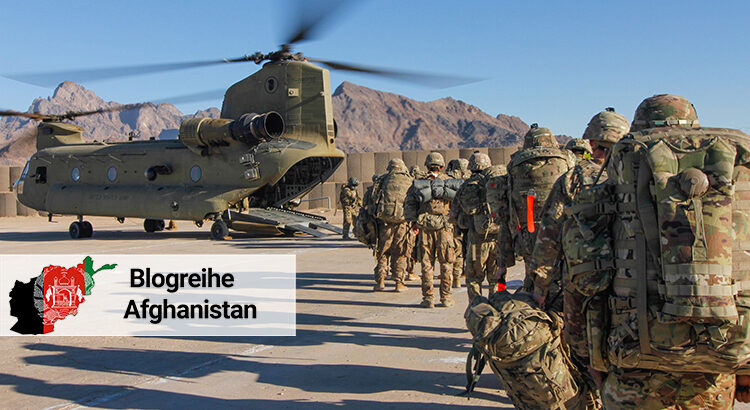Although peace agreements in armed conflicts in which at least one party has framed its demands in religious language are rare, they do exist. In particular, peace agreements have been reached with certain kinds of Islamist groups. After several rounds of unofficial and official negotiations, and a military stalemate between Afghan and NATO forces and the Taliban, former U.S. President Trump announced a peace agreement with the group in February 2020. However, after President Biden’s recent announcement to unconditionally withdraw U.S. forces from Afghanistan, the prospects for an agreement or even a ceasefire between the Taliban and the Afghan government seem bleaker than ever, with the Taliban resurging and U.S. diplomatic leverage decreasing.
Why will so many Scientists Boycott the UN Food Systems Summit?
At the upcoming Food Summit, the United Nations take a necessarily hard look at the world’s food systems. “Not hard enough”, claim an increasing number of food and agricultural scientists who are losing their patience with the globalized system of agribusiness and its failure to deliver for the world’s poor and the environment.
Three futures for NATO: New FES/PRIF backgrounder for the 2021 NATO summit
Today, NATO‘s Heads of State and Government are meeting in Brussels for a summit that is expected to set the course for the rejuvenation of the Atlantic alliance. Leaders will discuss the report of the NATO Expert Group, kick off the process for developing a New Strategic Concept, and signal a closing of transatlantic ranks. Against this background, the new FES/PRIF Report “Three visions for NATO” offers a glimpse behind the headlines. It maps expert debates about the future of the alliance across and within NATO member states and identifies three alternative “futures” for the evolution of the alliance.
Give Peacekeeping a Chance in Afghanistan
The withdrawal of U.S. military in Afghanistan is underway and the security situation is increasingly worsening. This blog explains why, unlike counterinsurgency, peacekeeping could actually work to stabilize the country as it is based on the consent of the parties of the civil war.
Moving past the Pro-Correa / Anti-Correa divide in Ecuadorian politics: The indigenous Pachakutik party as a third force
On May 24, the day he took office as Ecuador’s new president, Guillermo Lasso, was seen leaving the ceremony next to Guadalupe Llori, indigenous leader and newly elected president of the National Assembly. Lasso, a conservative politician and former banker, had won the runoff against Andrés Arauz, the candidate supported by the political movement of former president Rafael Correa, who had governed the country between 2007 and 2017. Yet, Ecuador’s new political landscape offers a chance to move beyond the polarization between Correa supporters (Correístas) and opponents (Anti-Correístas). A key sociopolitical force in this regard is the indigenous movement and its political organization, Pachakutik.
Lernen aus Afghanistan: Aufstandsbekämpfung und zivile Opfer
Westliche Regierungen sprechen von einem planmäßigen Abzug aus Afghanistan und den vielen Erfolgen der vergangenen 20 Jahre. Es handelt sich aber um eine militärische Niederlage. Nach Großbritannien und der Sowjetunion unterlag nun auch ein NATO-geführtes Bündnis afghanischen Guerillakämpfern. Doch nicht nur für westliche Demokratien ist die Bilanz der Aufstandsbekämpfung (bei der asymmetrisch operierende Guerillas konventionell überlegene Streitkräfte überlisten) düster: die Hauptopfer des Krieges sind Zivilisten in Afghanistan. Eine zentrale Lehre aus Afghanistan ist, dass zivile Opfer in asymmetrischen Kriegen unvermeidlich sind. Zumindest aus ethischen Gründen sollten Staaten, die sich dem Schutz von Menschenrechten verschrieben haben, solche Kriege daher nicht kämpfen.
The EU, Venezuela, and democracy promotion: A rejoinder to Elliott Abrams’ comments
In his blog post “The EU and Venezuela: More Bad Advice”, published on the website of the Council on Foreign Relations, Elliott Abrams critically reviews my thoughts on “A New Framework for Dealing with Venezuela: From Democracy to Conflict Resolution”. In this piece, I argued that the EU should shift from what I call the “democracy framework” to a “framework of peace mediation and conflict resolution”. Abrams’ comments give me the opportunity to clarify some issues and tease out key differences between his approach and the one I am arguing for.
Die NATO in Afghanistan: Geschichte eines Versagens oder Scheiterns?
Der Abzug der NATO aus Afghanistan hat begonnen. Trotz aller Bemühungen und bester Vorsätze der intervenierenden Staaten, trotz eines riesigen Einsatzes militärischer und ziviler Ressourcen, hinterlässt die Mission nach 20 Jahren einen Scherbenhaufen. Im unwahrscheinlichen best-case Szenario führt der inner-afghanische Friedensprozess zu einer Einheitsregierung oder territorialen Machtteilung. Den wahrscheinlicheren Szenarien zufolge übernehmen die Taliban nach Abzug der NATO-Truppen die Macht oder es eskaliert der Bürgerkrieg. In beiden Fällen dürften die mageren Aufbauleistungen schnell verloren gehen.
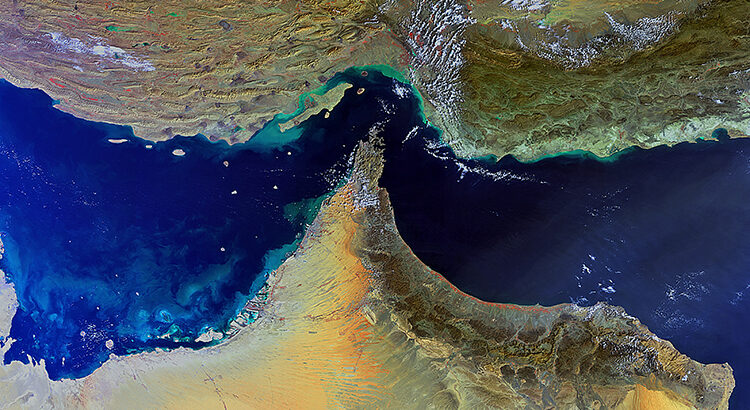
Overcoming Gulf-Rivalry? Challenges and Chances of Saudi-Iranian Dialogue
While the Saudi-Iranian relations have mostly been shaped by ‘peaceful rivalry’ since the Islamic Revolution in 1979, they increasingly turned hostile following the so-called ‘Arab Spring’. Building on recent dynamics in the Gulf region, high level politicians of Saudi Arabia and Iran have signaled serious willingness for dialogue and reconciliation. We argue here that these renewed efforts are primarily motivated by security and economic concerns but have also been supported through a series of informal interactions at different societal levels. While dialogue seems possible and desirable, its long-term prospects will be challenged by changing regional dynamics and the respective political will to overcome historical constructs of rivalry and regional competition.
The Capitol Rioters and their Supporters beyond “Us vs. Them”: A view from outside the US
What should we call those who stormed the US Capitol on January 6 of this year? Struggles over possible labels matter: What one calls a certain group has implications for the ways in which one can and will engage with them. The polarization of Americans when it comes to classifying the attacks is indicative of a larger dilemma: how should one respond to the rioters and their demands – and is that even an option?
